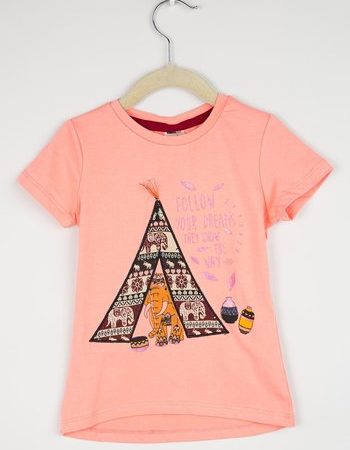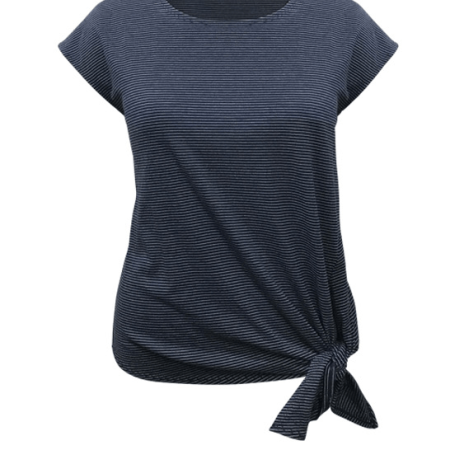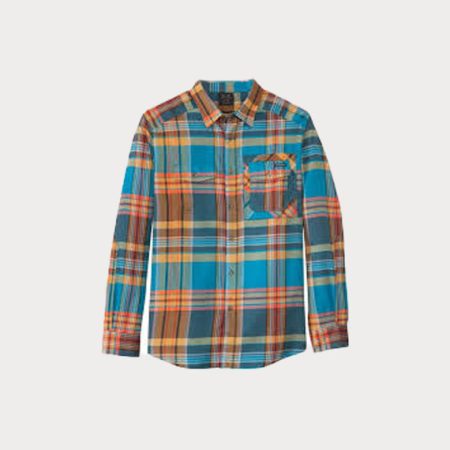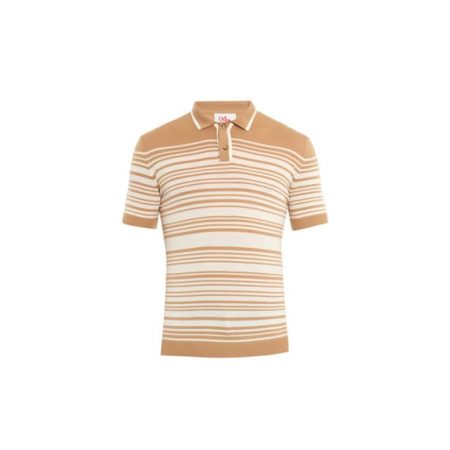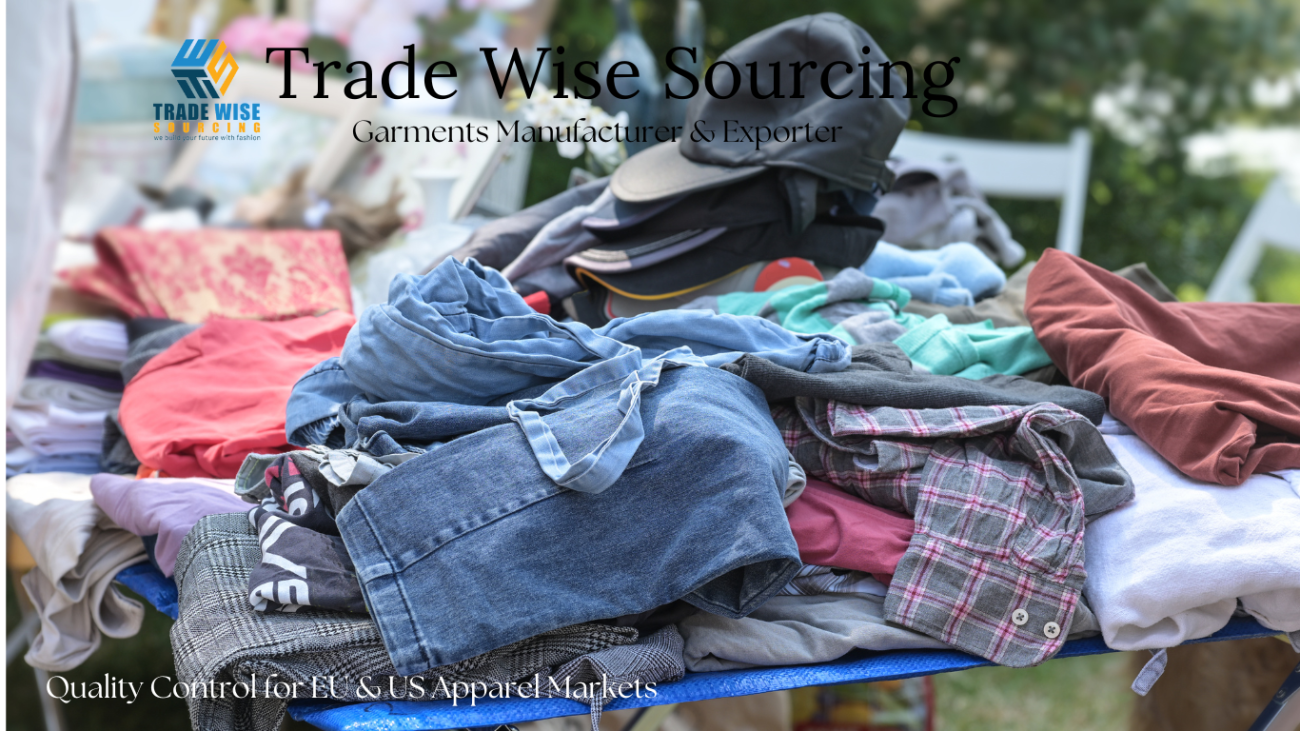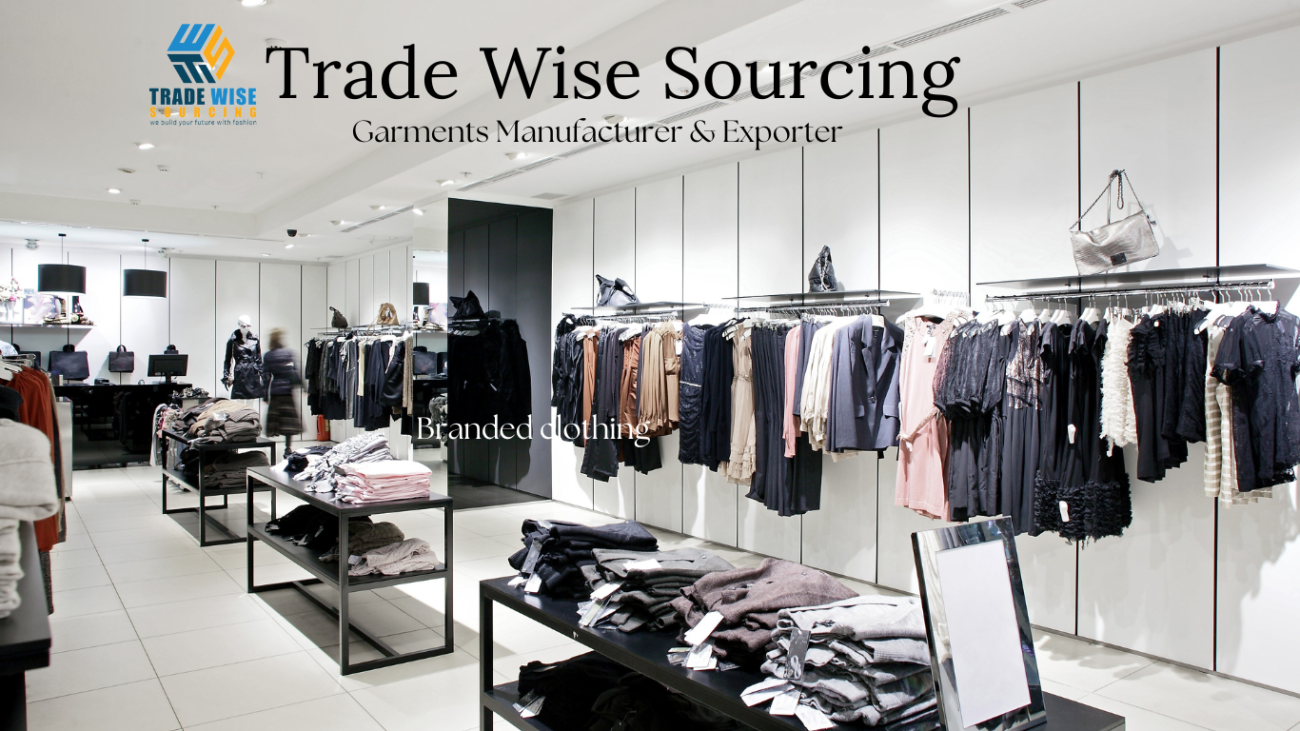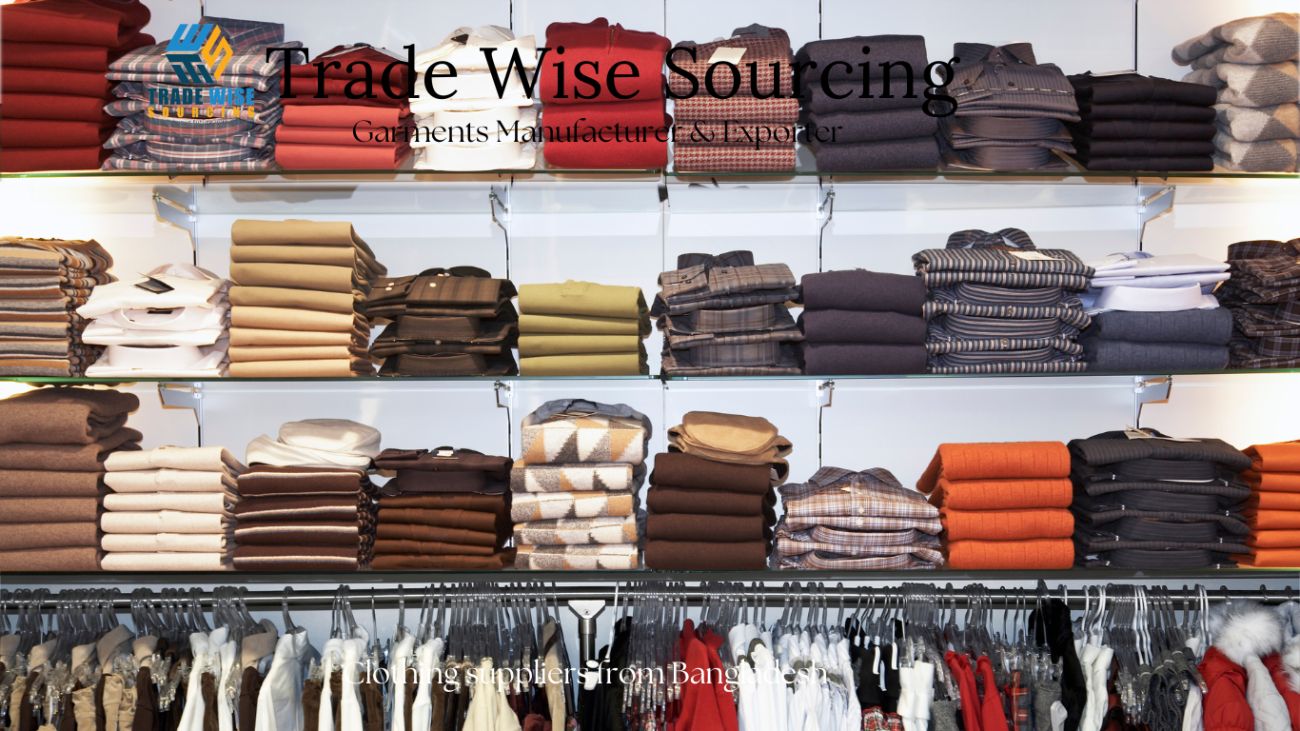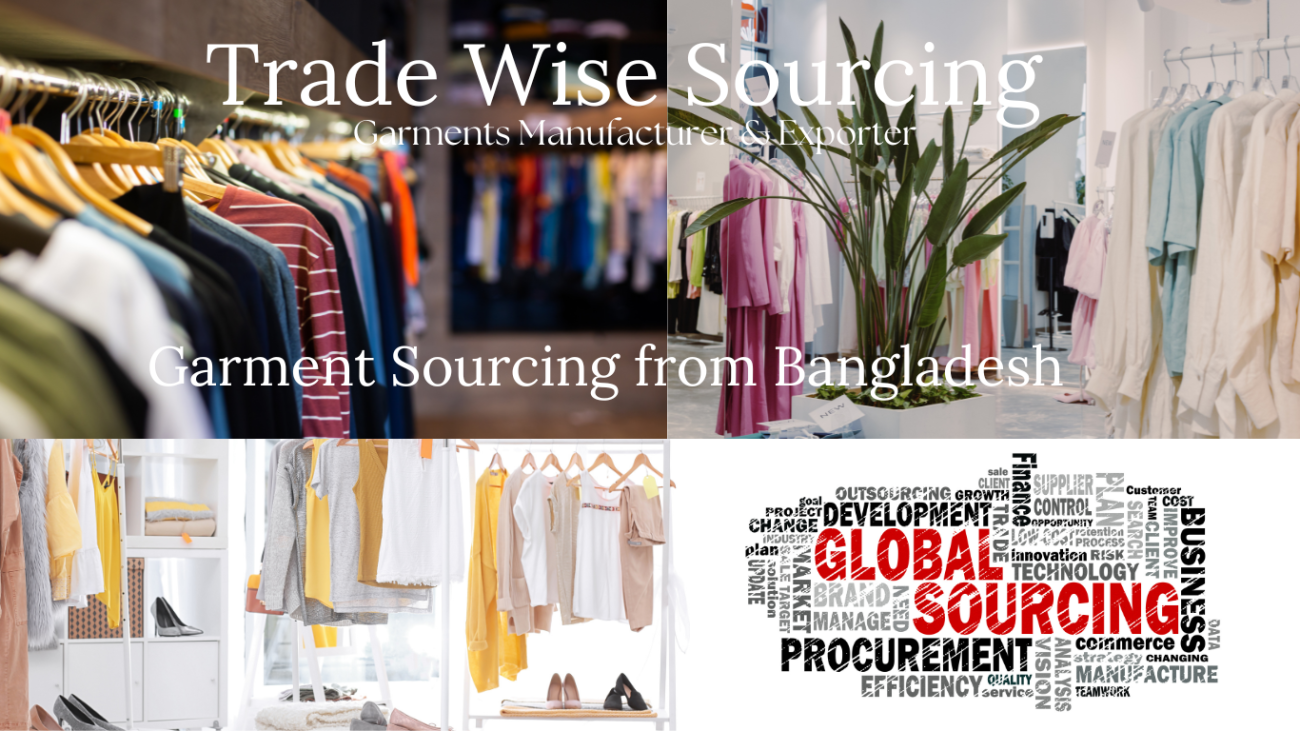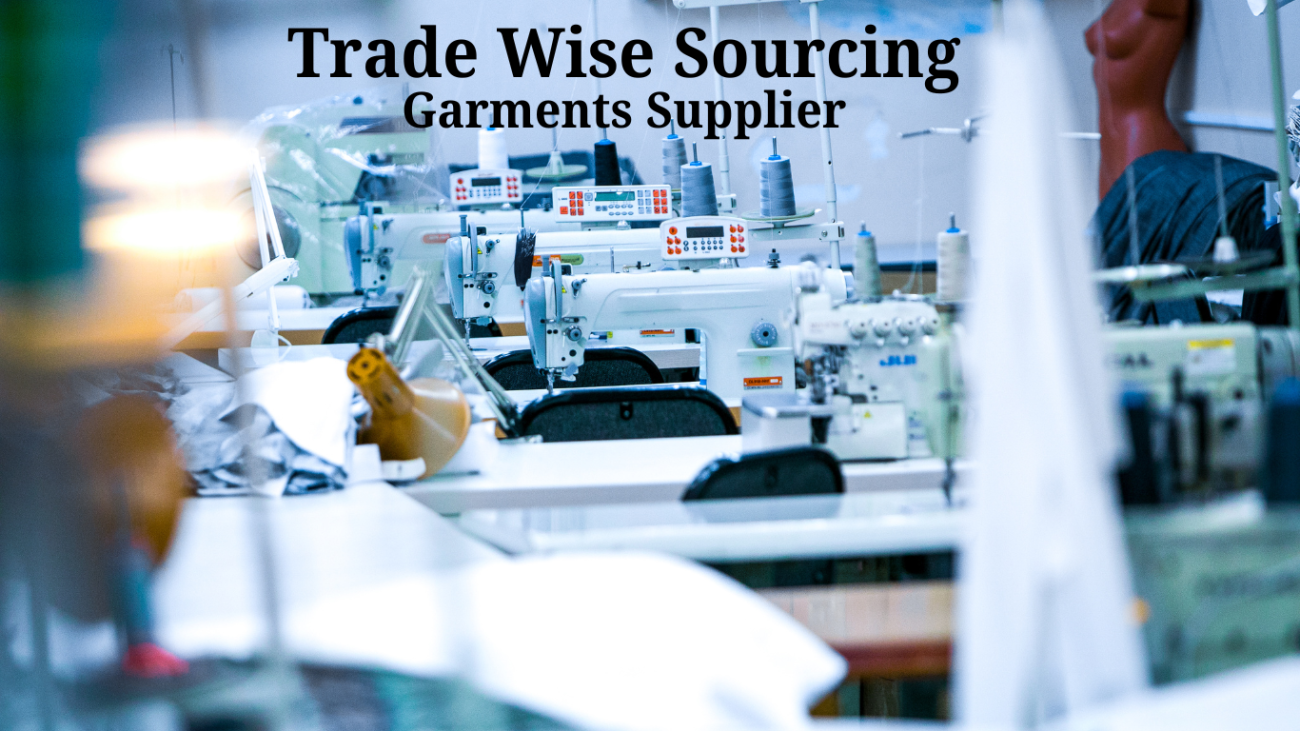Why Dhaka is Ideal for Garment Sourcing
Introduction: The Booming Garment Industry in Dhaka
When it comes to garment sourcing, Dhaka, the bustling capital of Bangladesh, stands out as a global leader. With its vast network of experienced manufacturers, skilled labor, and cost-effective solutions, Dhaka has become one of the most sought-after locations for sourcing high-quality apparel. Whether you’re a fashion brand, retailer, or wholesaler, the city offers a wide range of opportunities to meet your manufacturing needs. In this guide, we will explore the key reasons why Dhaka garment sourcing has become an integral part of the global supply chain.
Why Choose Dhaka for Garment Sourcing?
1. Affordability and Competitive Pricing
One of the major reasons why businesses turn to Dhaka for garment sourcing is the cost-effective pricing. Bangladesh has some of the lowest labor costs in the world, making it a highly attractive destination for apparel manufacturers. This affordability allows brands to produce high-quality garments at a fraction of the cost compared to other countries.
2. Skilled Labor and Expertise
Dhaka boasts a well-established garment industry with a skilled workforce that is experienced in producing everything from basic wear to high-fashion garments. The city has become home to a range of specialized workers, including pattern makers, fabric specialists, and quality control experts, making it easier for businesses to meet their production demands with precision.
3. Diverse Range of Products
Garment manufacturers in Dhaka offer a vast range of products, including knitwear, woven, sweaters, and denim, among others. Whether you’re in need of bulk production or custom-made designs, Dhaka manufacturers can accommodate a variety of garment types and styles to meet your brand’s unique needs.
How to Source Garments from Dhaka
1. Choose the Right Garment Manufacturer
The key to successful garment sourcing in Dhaka lies in selecting the right manufacturer. Be sure to evaluate the factory’s experience, capabilities, and reputation within the industry. Work with suppliers who are able to meet your specific requirements in terms of production volume, timeline, and design quality. Trade Wise Sourcing, for example, offers trusted sourcing services with a commitment to quality control, ethical practices, and on-time delivery.
2. Understand the Production Process
To ensure a smooth sourcing experience, it’s essential to understand the garment manufacturing process. This includes fabric selection, sample creation, pattern making, and production. Work closely with your manufacturer to understand timelines, quality checks, and the overall production flow. This will help ensure your orders are completed as expected.
3. Quality Control
Quality control is paramount when sourcing garments. Reputable manufacturers in Dhaka implement rigorous quality checks to ensure the final product meets international standards. Make sure your supplier follows all necessary certifications and provides transparent inspection reports. A reliable sourcing agent like Trade Wise will help streamline this process and guarantee the highest product quality.
Benefits of Dhaka Garment Sourcing for Businesses
1. Access to Global Markets
Dhaka has become an export powerhouse for the global garment industry. The city’s textile products are shipped worldwide, including to the U.S., Europe, and other major markets. Sourcing garments from Dhaka allows businesses to tap into these global supply chains, ensuring their products are competitively priced and of high quality.
2. Strong Infrastructure and Logistics
Bangladesh is improving its infrastructure, making logistics more efficient for garment sourcing. From road transport to sea freight, Dhaka has well-established export channels that allow businesses to receive their orders on time. With the rise of e-commerce and the growth of international trade, businesses sourcing garments from Dhaka benefit from quicker, more reliable delivery options.
3. Sustainability and Ethical Manufacturing
Sustainability is a growing concern for consumers worldwide. Fortunately, many garment manufacturers in Dhaka are now adopting sustainable and ethical practices, including eco-friendly fabrics, water conservation, and fair wages for workers. Brands looking to enhance their sustainability efforts can find a range of manufacturers in Dhaka that prioritize environmental and ethical considerations.
Challenges of Garment Sourcing in Dhaka
While Dhaka offers numerous advantages for garment sourcing, there are a few challenges that businesses must consider:
- Logistical Hurdles: While infrastructure is improving, transportation and shipment delays can sometimes occur, especially during peak seasons.
- Compliance with International Standards: Not all manufacturers may meet the international standards required for specific markets, so proper vetting is essential.
Conclusion: Unlock the Potential of Dhaka Garment Sourcing
Sourcing garments from Dhaka presents businesses with a unique opportunity to access high-quality, affordable manufacturing solutions. The city’s skilled workforce, diverse product offerings, and cost-effective pricing make it an attractive destination for apparel brands looking to expand their sourcing options. By choosing the right manufacturer and carefully managing the sourcing process, businesses can take full advantage of the benefits Dhaka offers.
For companies seeking reliable and trustworthy garment sourcing services, Trade Wise Sourcing is a prime example of a business that can guide you through the entire process, ensuring quality, timely delivery, and ethical manufacturing practices.
If you’re ready to begin your garment sourcing journey in Dhaka, don’t hesitate to reach out to experienced suppliers who can help turn your ideas into high-quality products at competitive prices.
